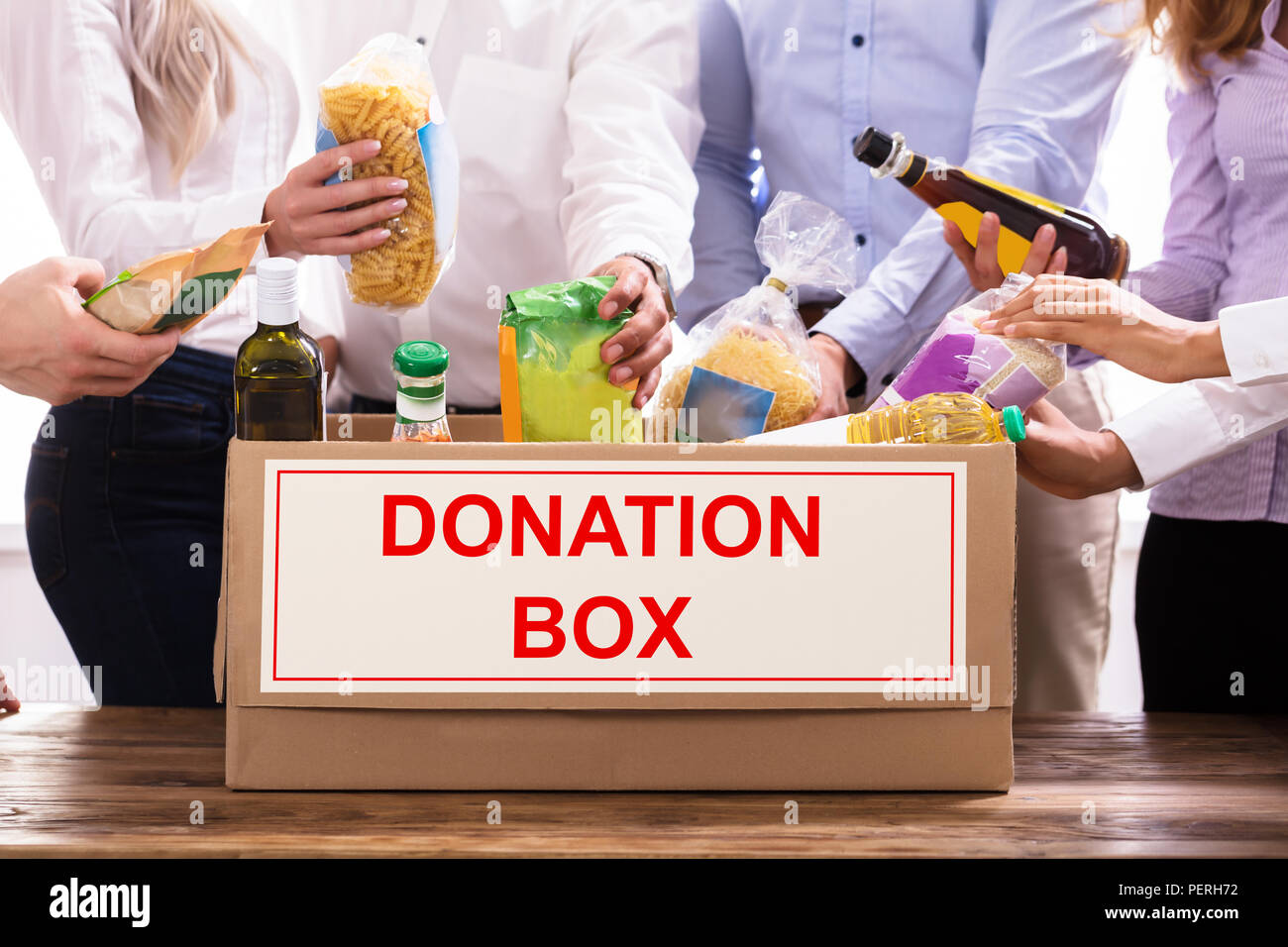Understanding the Importance of Food Donations
Food donations play a crucial role in addressing hunger and food insecurity in communities worldwide. Millions of individuals and families struggle to access sufficient and nutritious food daily. This issue is not just a matter of sustenance but also of dignity and health. By contributing to food donation programs, communities can significantly alleviate these challenges. Food donations ensure that surplus food reaches those in need instead of ending up in landfills, thereby also addressing environmental concerns related to food waste. This dual benefit of combating hunger and reducing waste highlights the importance of food donations.
Hunger and food insecurity can affect anyone, regardless of background or circumstance. Economic downturns, job losses, health issues, and other unexpected life events can leave individuals and families in dire need of assistance. Food donations provide a safety net, offering immediate relief and helping people regain stability. Therefore, understanding and participating in local food donation efforts can foster a stronger, more resilient community.
Identifying Local Food Donation Centers
Finding local food donation centers is the first step towards contributing effectively to your community. These centers can range from large food banks to smaller neighborhood pantries, each playing a vital role in distributing food to those in need. Major food banks often act as central hubs, collecting large quantities of food from various sources, including grocery stores, restaurants, farms, and individual donors. They then distribute this food to smaller agencies and pantries.
To locate these centers, you can start with a simple online search for “food donation near me” or use specialized websites and apps designed to connect donors with local food banks and pantries. Additionally, community centers, religious institutions, and local government offices often have information about food donation sites. Many of these organizations rely heavily on volunteers and donations, making your contributions highly valuable. Whether you choose to donate non-perishable items, fresh produce, or even your time, every bit helps in supporting these critical community resources.
The Impact of Food Donations on Local Communities
The impact of food donations on local communities cannot be overstated. By providing food to those in need, these programs ensure that no one goes hungry, which is fundamental for maintaining overall community health. Proper nutrition is essential for everyone, but it is particularly crucial for children, the elderly, and those with chronic illnesses. Ensuring access to nutritious food helps improve educational outcomes for children, supports the health and well-being of vulnerable populations, and reduces the burden on healthcare systems.
Moreover, food donation programs often serve as a community hub, fostering connections and support networks among residents. Volunteers and recipients alike benefit from the sense of community and solidarity that these programs create. This communal effort can also lead to broader community initiatives, such as educational programs about nutrition and cooking, job training, and other support services that help individuals achieve long-term stability. By addressing immediate needs and promoting sustainable solutions, food donation programs contribute significantly to the overall health and resilience of communities.
How to Get Involved in Local Food Donation Efforts
Getting involved in local food donation efforts is straightforward and immensely rewarding. There are several ways to contribute, depending on your resources and availability. Donating food is the most direct way to help. Most food banks and pantries accept a wide range of items, including canned goods, dry goods, and fresh produce. It is always a good idea to check with the organization beforehand to understand their specific needs and guidelines.
In addition to food donations, financial contributions are also highly valuable. Monetary donations allow food banks to purchase food in bulk, often at lower prices than individuals can, ensuring a steady supply of necessary items. Many organizations also run programs where financial contributions can be matched by corporate partners, effectively doubling the impact of your donation.
Volunteering your time is another excellent way to support local food donation efforts. Food banks and pantries often need help sorting and distributing food, organizing food drives, and managing logistics. Volunteering not only provides essential support to these organizations but also offers a chance to engage directly with your community and see the impact of your efforts firsthand.
Lastly, raising awareness about food insecurity and the importance of food donations is crucial. By sharing information with friends, family, and social media networks, you can help mobilize more people to support local food donation programs. Advocacy and education can lead to increased donations, more volunteers, and stronger community support systems.



